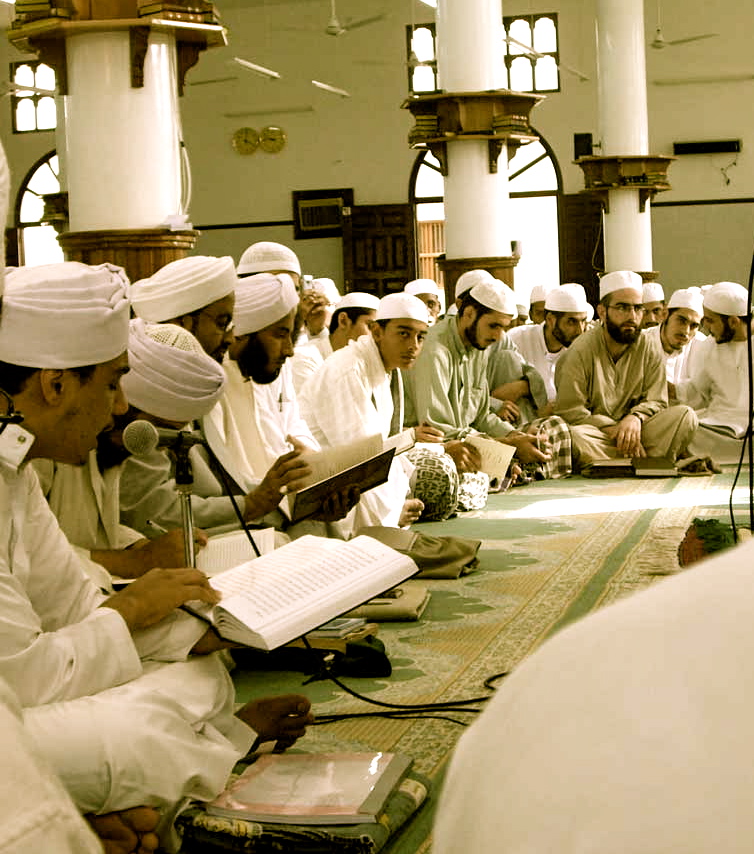Answered by Sayyidi Habib Umar bin Hafiz (may Allah protect him and benefit us by him)
I follow the adhkar that are broadcast live from Dar al-Mustafa. However there is a time difference. Is it acceptable for me to read those adkhar at that time even though I am in a different time zone?
This is acceptable. There is some latitude because the time of the adhkar of the morning begins at midnight and ends at the time for zuhr prayer. The time of the adhkar of the evening begins at the time of the zuhr prayer and ends at midnight. It is also possible to change the wording of the adhkar. For example, in Dar al-Mustafa they may be saying: “I ask for the good of this night,” so you could say: “I ask for the good of this day.” Continue reading On Following Adhkar Through Live Broadcast










